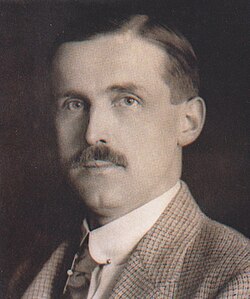| |||||||||||||||||||||||||||||
All 164 elected seats in the Diet 83 seats needed for a majority | |||||||||||||||||||||||||||||
|---|---|---|---|---|---|---|---|---|---|---|---|---|---|---|---|---|---|---|---|---|---|---|---|---|---|---|---|---|---|
| |||||||||||||||||||||||||||||
| |||||||||||||||||||||||||||||
Parliamentary elections were held in Hungary on 25 and 26 January 1920. [1] However, they were only held in 164 districts. [2] After the Treaty of Trianon was signed, the 44 districts previously occupied by Romania voted between 13 June and 5 July, whilst the 11 districts occupied by Serbia did not vote until 30 and 31 October 1921. [3] The election was held with compulsory voting. In protest at this and other changes to the franchise that left 60% of the voting age population unable to vote, the Hungarian Social Democratic Party boycotted the elections, [4] and called for its supporters to cast invalid votes, resulting in an unusually high number of blank or invalid votes – 12% in the January elections and over 20% in Budapest and other major cities. [1]
Contents
The National Smallholders and Agricultural Labourers Party and the Christian National Union Party won 194 of the 219 seats and formed a coalition government on 15 March. [5] However, it lasted only until 4 June when the Treaty of Trianon was signed. [5]



